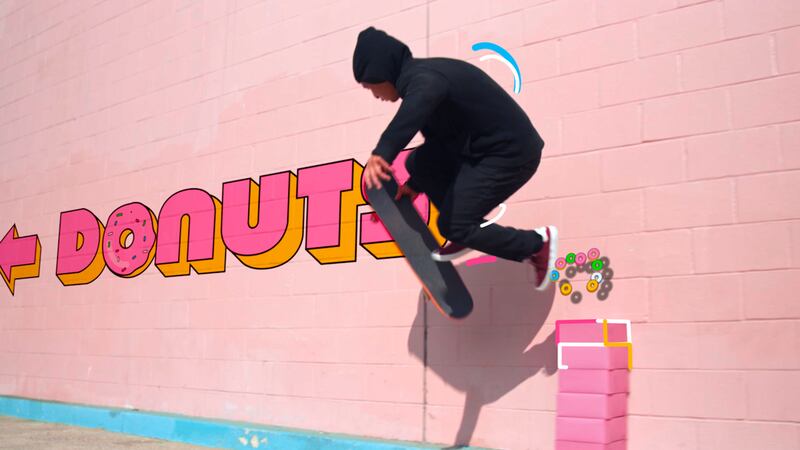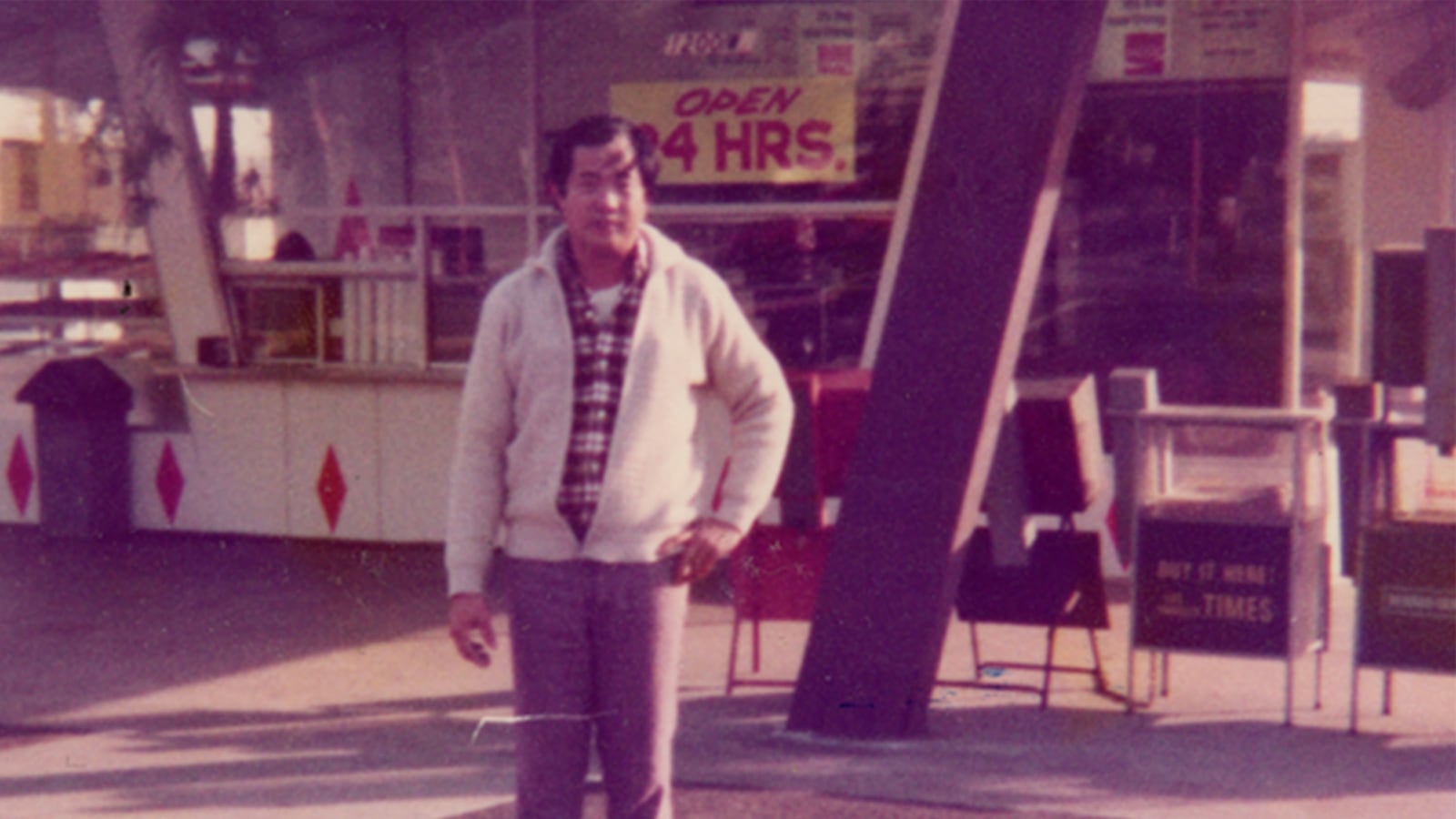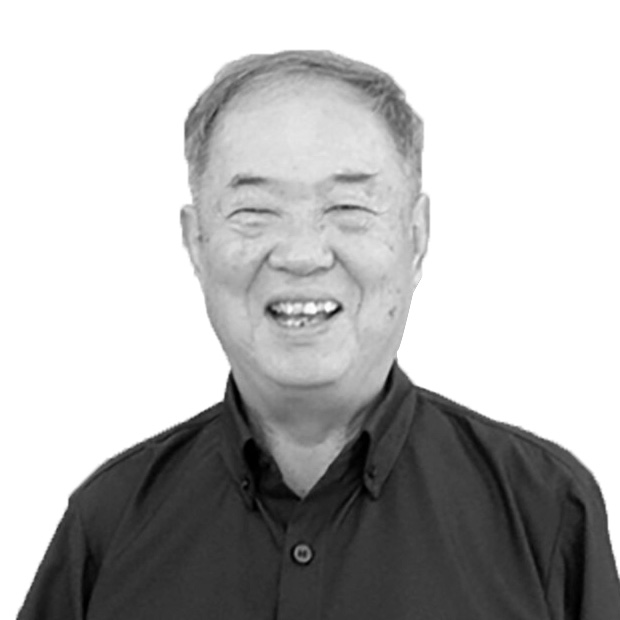As a young boy from the countryside in Cambodia, I never could have imagined that one day I would be shaking hands with U.S. presidents and living in a 7,000-square-foot mansion in Southern California. I didn’t even know anything about the palm trees and what the Golden State was. I was born very poor and raised by a single mother in the small town of Sisophon, far from any opportunities in life. My mother knew that my only chance out of poverty was education, so she spared food for herself and sent me to the best schools she could, outside of our small town.
My life changed when I met the girl who smelled of flowers. It was in the French high school in Phnom Penh, the capital of Cambodia. She was my classmate, Suganthini. It was love at first sight, but we were worlds apart—she was the daughter of one of the richest and most powerful families in Cambodia and I was the son of a single, impoverished mother. Eventually, through dramatic events too long to get into on a single page, we were allowed to marry and we had three kids. It was bliss. But, in April 1975, just before the Cambodian New Year, life as we knew it ended.
Our country was at war. The Communist forces, the Khmer Rouge, were fighting their way into the capital. Rockets and bombs lit up the sky. I learned from a friend in the U.S. Air Force that the capital would soon fall to Communist forces, that the last transport plane out of Cambodia was leaving in a few minutes, and that if I didn’t get on that C-130, I would be left behind. In that moment, I left my country, mother, sisters, cousins, friends behind.
We landed in June of 1975 at the Camp Pendleton military base in the middle of the night. It was cold and dark, but we knew we were safe. I had my first American meal. As the sun rose, looking west, the Pacific Ocean was more vast than any water I had ever seen. Across that immense ocean were our home, friends, and relatives. After a month, we received word that someone had volunteered to sponsor us. Three large American cars came to pick us up. My English was poor, but the warmth of the people in the car transcended language, and we were comforted by that. My sponsor, Dean Beaumont, got me my first jobs—as a church custodian, a gas station attendant, and a job at a Builder’s Emporium. It was through my job at the gas station, located across the street from a donut shop, that I would have my first donut. I fell in love with donuts on my first bite. I also decided it would be the way to secure my future in America.
I trained at Winchell’s Donut House for three months, and shortly thereafter, became the manager of a shop. We saved our money and within a year, I bought my first donut shop, Christy’s Donuts in La Habra, California. We saved, and I bought another. And another. By 1979, the war in Cambodia had ended and I started to sponsor refugees coming to America. I offered to train them and set them up in the donut business. By 1980, I was unstoppable. I was sponsoring dozens of families from Cambodia, delighting in the thrill that came from helping them while delighting in the money that flowed in from leasing my donut shops to them. I had upwards of 60 donut shops. I was rich and powerful.

A scene from the new documentary The Donut King
The Donut KingThe riches allowed me to be seduced by the casinos in Las Vegas. This was my fall from grace. Helping community was no match for the excitement, money, and greed that Las Vegas had to offer. I gambled away all my shops and by 2005, at 62 years old, I was homeless, sleeping on the porch of a friend’s mobile home in Long Beach, California. The very people I helped years earlier avoided me, fearing I would ask for a loan I would never pay back.
I now live in Cambodia. I spend my days here still thinking about business opportunities and my life back in America. As I reflect back on my life now, I certainly have a few regrets. I regret disappointing my community and mostly, disappointing my family. I have an image of my past coming back to me now and again. It is of me as a child, getting off a bus during my first year at boarding school. I marvel at that boy. Children from my village didn’t go to school beyond elementary education. And I made the journey to school and had a say in my destiny.


